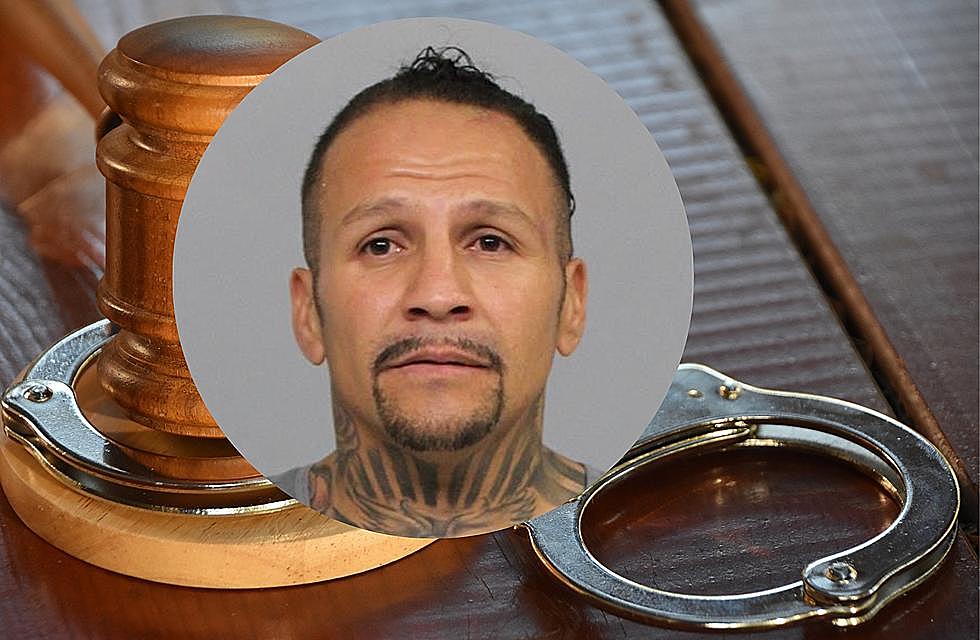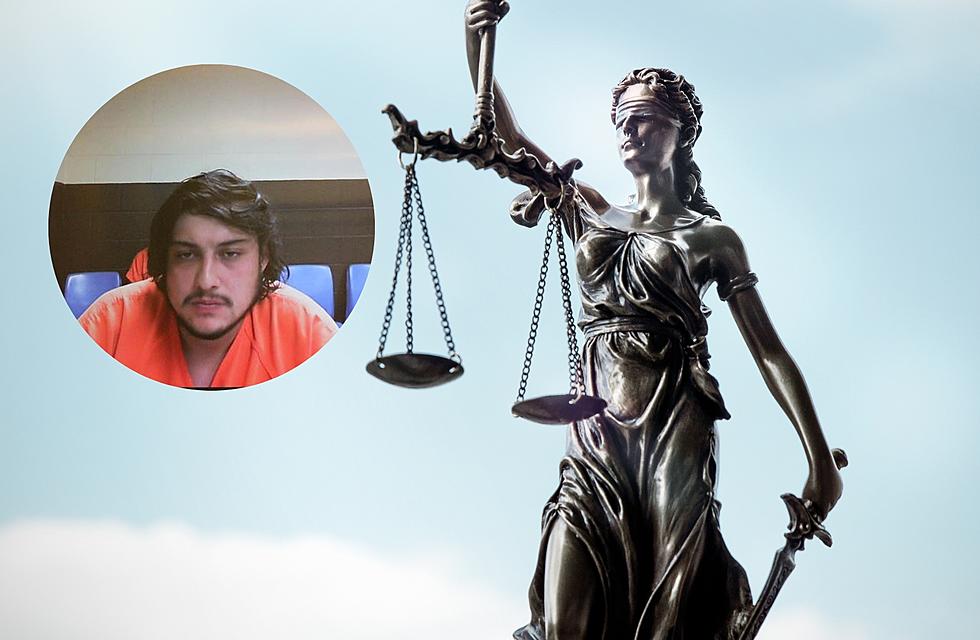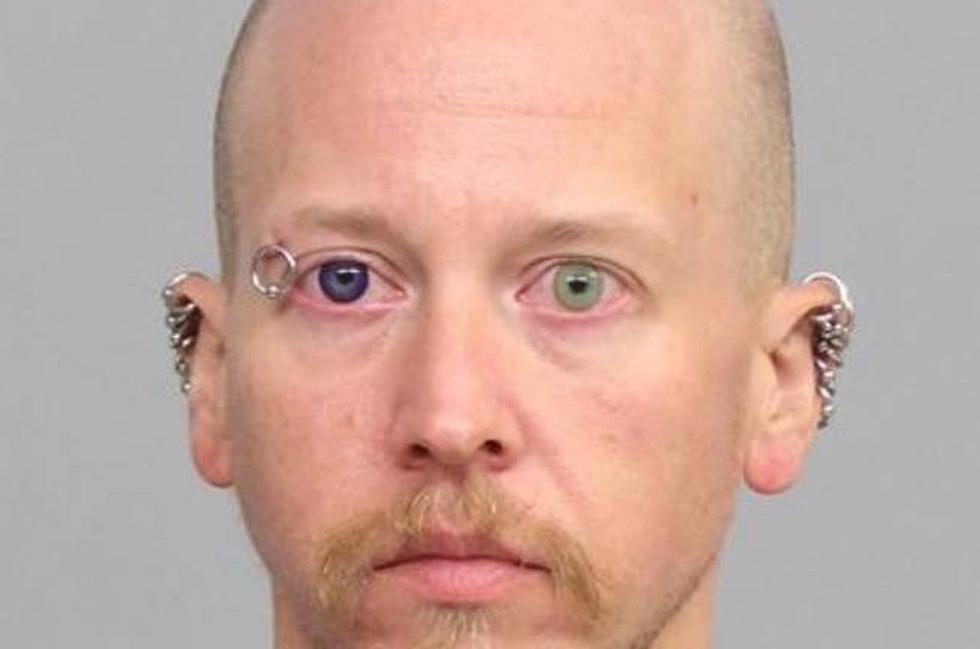
Judge Allows Evidence Rebutting Casper Businessman Tony Cercy’s Claims
New data from Casper businessman Tony Cercy's iPhone rebuts his assertion in February that he was asleep when a sexual assault allegedly happened at his house last year, Natrona County District Attorney Mike Blonigen said Thursday.
"It directly contradicts Mr. Cercy's testimony," Blonigen said during a motions hearing in district court.
Cercy's defense attorney Pamela Mackey opposed the introduction of these new findings, saying the conclusions from the iPhone's health app would prejudice the jury without giving valuable information during Cercy's upcoming trial on a count of third-degree sexual assault.
But District Court Judge Daniel Forgey ruled in Blonigen's favor, saying the attorneys can argue the merits of the data before the jury in the trial scheduled in Thermopolis in November.
After an eight-day trial in February, Cercy was acquitted of first-degree sexual assault (rape) and second-degree sexual assault, but Forgey declared a mistrial on the count of third-degree sexual assault.
Blonigen filed to retry the that count, and in June, Forgey granted Cercy's request to move the trial to Hot Springs County.
The new trial will include many of the same arguments, exhibits and witnesses from the first trial including data extracted from the cell phones of Cercy and the then 20-year-old woman allegedly assaulted at Cercy's former residence at Alcova Lake in June 2017.
When the investigation began, he gave his cell phone to the Sheriff's Office, and it has been in custody without any alteration to its data, according to an affidavit supporting the request for a new search warrant from Sheriff's Office investigator David Hulshizer.
Data from the alleged victim's phone supported her testimony that after she woke up with Cercy performing oral sex on her, she sent numerous texts and calls to friends except from 3:30 a.m. to 3:45 a.m. June 25 when she said Cercy gave her a ride to her friend's place in his all-terrain vehicle.
Towards the end of the trial, Cercy took the stand in his own defense and denied any assault occurred because he went to bed about 2 a.m., woke up at 8 a.m., and he had his cell phone with him.
The prosecution presented evidence at that time that videos and photos were taken on Cercy's phone that night.
This summer, the new evidence became known, according to documents filed by the prosecution.
The software system Oxygen, used to extract the previous cell phone data, had added a feature that could extract health app data. That extraction was double-checked by another program called Axiom.
Blonigen said studies of the iPhone health app's data gathering do not yield consistent information about the number of steps taken, but they do indicate activity on Cercy's part.
The new information indicated Cercy took steps between 3:26 a.m. and 3:36 a.m., and again between 3:36 a.m. and 3:41 a.m.
During the trial in February, his attorney Jeffrey Pagliuca told the jury the alleged victim apparently walked from Cercy's house to the trailer where she said Cercy drove her.
Blonigen said the new data shows Pagliuca's claim was bogus.
The lack of steps taken on the alleged victims' phone support her testimony that she did not walk to the trailer, he said.
Further research underscored her testimony, Blonigen said.
Investigators conducted several experiments on July 11, with the alleged victim walking from the edge of Cercy's driveway to the trailer. The number of steps varied between 636 steps and 779 steps, Blonigen wrote in response to Mackey's motion to not admit this evidence. "Exactness is not claimed, or required, to understand how this undercuts the Defendant's version of events."
Mackey called computer analyst Robert Kelso, CEO of the Denver-based Forensic Pursuit, who said the health app gives wildly inconsistent results whether someone is walking with the phone in a pocket, or raising the phone to the ear and lowering it.
It can even record steps when none are taken, such as when one of his colleagues put a phone on the seat of a vehicle, drove around, and the app showed 20 steps were taken, he said.
The app is helpful for information or even entertainment, but it is not reliable scientific evidence for use in a criminal proceeding, Kelso said.
Mackey told Forgey the health app is not reliable, the court has the duty to evaluate the reliability of evidence, and in this case to not admit it for trial.
Blonigen responded that he had no notice that Kelso would testify, and that he talked about the conclusions of the data but not the methodology of extracting the data or the data itself.
The data shows that there was movement by Cercy that night, Blonigen said.
The health app, he added, records the time when the movement happened, and the evidence of the time stamps were not called into question.
"There's a fair inference of movement and a fair inference of movement in that time period, and it directly contradicts the defendant's sworn testimony," Blonigen said.
More From K2 Radio









